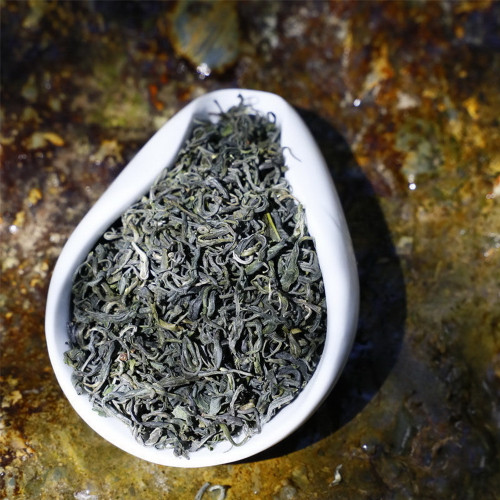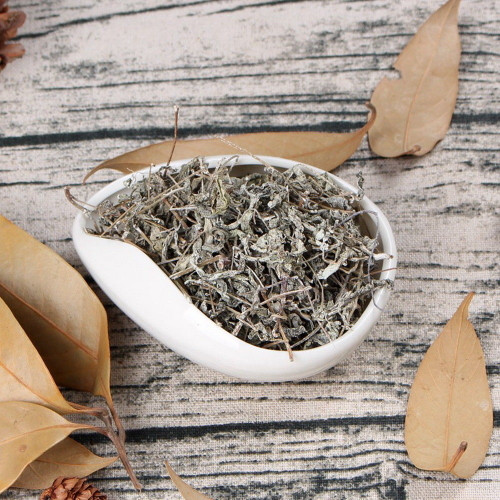Product Overview
These teas are grown at the Yigong Tea Plantation in Linzhi Prefecture, Tibet, at an altitude of over 12,000 feet, at the base of huge mountain peaks with crystal clear run-off and perfect mist and cloud conditions for tea growing. Nearly half of Linzhi is covered by natural forests. The rest is mountain ranges, interrupted by beautiful valleys with rushing rivers. The Yigong Tea Plantation was built in 1960. It has a lot of precipitation, strong ultraviolet rays, small annual temperature differences, large daily temperature differences, long growth cycles of tea, and strong freshness.
Tea is also produced in Tibet, which sounds a little weird. How can it be possible to produce green tea in the cold and dry climate in the north? However, on the banks of the beautiful Yigong Lake in Tibet, the Everest Holy Tea is produced, which is a famous green tea type of fried Qingmaofeng. The Mount Everest tea is irrigated by the snow in the mountains to get the aura of the glaciers and snow fields. It is bathed by abundant sunlight, without pollution, and has unique quality. It can be said to be a boon of nature.
Amidst the gorge with ridges and ridges, the majestic Sichuan-Tibet Highway Tongmai Bridge spans the Yigong Zangbo River.Driving more than 20 kilometers upstream along the gorge, the first large-scale tea farm in Tibet's history-Yigong Tea Farm is located on the bank of the vast Yigong Lake."Yigong" in Tibetan means "beautiful and contented place".When I first entered the tea farm, surrounded by forests, the water of Yigong Lake reflected the snow-capped mountains and white clouds, and the blooming peach blossoms and rape blossoms loomed in the clouds and surrounded the tea gardens by the lake.Yigong Tea Farm is located in Bomi County, Tibet, with an average elevation of more than 2,000 meters.The warm and humid air from the Indian Ocean penetrates into the plateau along the Yarlung Zangbo River Gorge, bringing warm and humid climate and abundant precipitation to Yigong tea farms and surrounding areas.
The unique geographical environment and climatic conditions are conducive to the growth of tea."The tea trees in Yigong Tea Farm have a long dormancy period, are rich in nutrients, and have a richer and sweeter quality. It is also one of the highest organic tea production bases in the world.
These teas are organically grown and certified with the Green Foods mark at the Grade A level by the China Green Food Development Center in Beijing. The sale of this tea directly benefits the growers and manufacturers in Tibet. In Tibetan, the name of this tea is Jo Rii Lha Ja, Mt. Everest Holy Tea (i.e., Tea of the Gods).
This tea is characterized by long, brittle, twisted leaves. It is medium amber in color, clear and smooth texture, sweet fruity taste. The bright red infusion has an appetizing honeyed sweet aroma while the taste is wonderfully smooth. This is a fresh black tea with an indescribable flavor, with the most delicate hints of pine, orchid, crushed apple and a rich, floral sweet underlying taste.
Brewing Guide: The water used to steep this tea should be at the boiling point. Use about 2 teaspoons (3 grams) of tea leaves for about every 5 ounces (150 milliliters) of water. A steeping time of about 3-5 minutes with more or less time is recommended depending on the desired concentration.























